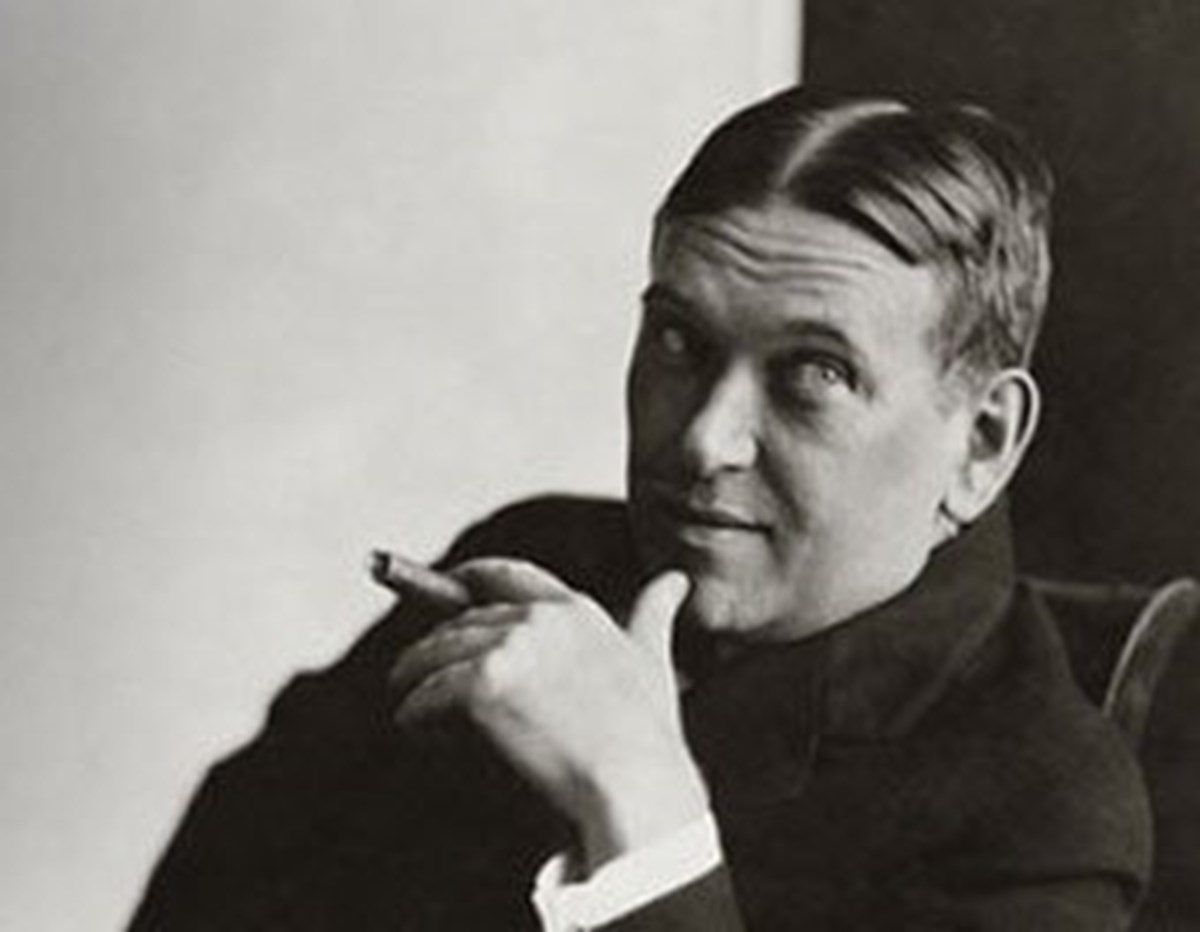Henry Louis (H.L.) Mencken, the Sage of Baltimore, born September 12, 1880, was a newspaperman, essayist, satirist, social critic, and perhaps America’s most outspoken defender of liberty in the first half of the 20th Century.
Reflecting the difference between what was defensible as consistent with preserving our rights and what government did, a major theme of his writings was that “Every decent man is ashamed of the government he lives under.”
On his birthday, it is worth remembering some of the reasons Mencken offered to justify that shame, since, by his standards, our government is even more shameful today than when he wrote.
The basis justifying shame in our government lies in the appropriate role of government:
The ideal government of all reflective men, from Aristotle onward, is one which lets the individual alone-one which barely escapes being no government at all.
Good government is that which delivers the citizen from being done out of his life and property too arbitrarily and violently--one that relieves him sufficiently from the barbaric business of guarding them to enable him to engage in gentler, more dignified, and more agreeable undertakings.
The problem is that our government has exploded in a torrent far beyond those proper bounds:
Law and its instrument, government, are necessary to the peace and safety of all of us, but all of us, unless we live the lives of mud turtles, frequently find them arrayed against us.
All government…is against liberty.
As our government has overflowed its proper and constitutional banks, it has increasingly turned to tasks it cannot do well, if at all, and attracted many who are willing to not only overlook, but compound its failings, if only they can take the reins of power. And that leads to no end of shameful behavior, as Mencken observed (creatively and colorfully) on numerous occasions.
- All government is, in its essence, organized exploitation, and in virtually all of its existing forms it is the implacable enemy of every industrious and well-disposed man.
- A good politician is quite as unthinkable as an honest burglar.
- Every election is a sort of advance auction of stolen goods.
- The storm center of lawlessness in every American State is the State Capitol. It is there that the worst crimes are committed…it is there that contempt for the laws is engendered, fostered, and spread broadcast.
- Government…is an agency engaged wholesale, and as a matter of solemn duty, in the performance of acts which all self-respecting individuals refrain from as a matter of common decency.
- A professional politician is a professionally dishonorable man…to get anywhere near high office he has to make so many compromises and submit to so many humiliations that he becomes indistinguishable from a streetwalker.
- If a politician found he had cannibals among his constituents, he would promise them missionaries for dinner.
- The theory behind representative government is that superior men—or at least men not inferior to the average in ability and integrity—are chosen to manage the public business, and that they carry on this work with reasonable intelligence and honest. There is little support for that theory in known facts.
- The government consists of a gang of men exactly like you and me. They have… no special talent for the business of government; they have only a talent for getting and holding office.
- The kind of man who wants the government to adopt and enforce his ideas is always the kind of man whose ideas are idiotic.
- When fanatics are on top there is no limit to oppression.
- The whole aim of practical politics is to keep the populace alarmed--and hence clamorous to be led to safety--by menacing it with an endless series of hobgoblins, all of them imaginary.
- [Government’s] great contribution to human wisdom...is the discovery that the taxpayer has more than one pocket.
- It is the fundamental theory of all the more recent American law...that the average citizen is half-witted, and hence not to be trusted to…his own devices.
- It is the invariable habit of bureaucracies, at all times and everywhere, to assume...that every citizen is a criminal. Their one apparent purpose, pursued with a relentless and furious diligence, is to convert the assumption into a fact. They hunt endlessly for proofs, and, when proofs are lacking, for mere suspicions.
- The true bureaucrat is a man of really remarkable talents…an almost infinite capacity for forming complicated and unworkable rules.
- Government is actually the worst failure of civilized man. There has never been a really good one, and even those that are most tolerable are arbitrary, criminal, grasping, and unintelligent.
- The natural tendency of every government is to grow steadily worse--that is, to grow more satisfactory to those who constitute it and less satisfactory to those who support it.
- The urge to save humanity is almost always a false front for the urge to rule.
Mencken received criticism for his attacks on government for its abuse of American liberties, and he was considered by some to be both radical and dangerous. But even for those accusations, he had a defense for a radical commitment to liberty which is worth remembering today:
- The notion that a radical is one who hates his country is naïve and usually idiotic. He is, more likely, one who likes his country more than the rest of us, and is thus more disturbed than the rest of us when he sees it debauched. He is not a bad citizen turning to crime; he is a good citizen driven to despair.
- The most dangerous man to any government is the man who is able to think things out for himself...Almost inevitably, he comes to the conclusion that the government he lives under is dishonest, insane and intolerable.
- I believe in only one thing: liberty; but I do not believe in liberty enough to want to force it upon anyone.
- I am strongly in favor of common sense, common honesty, and common decency. This makes me forever ineligible for public office.





